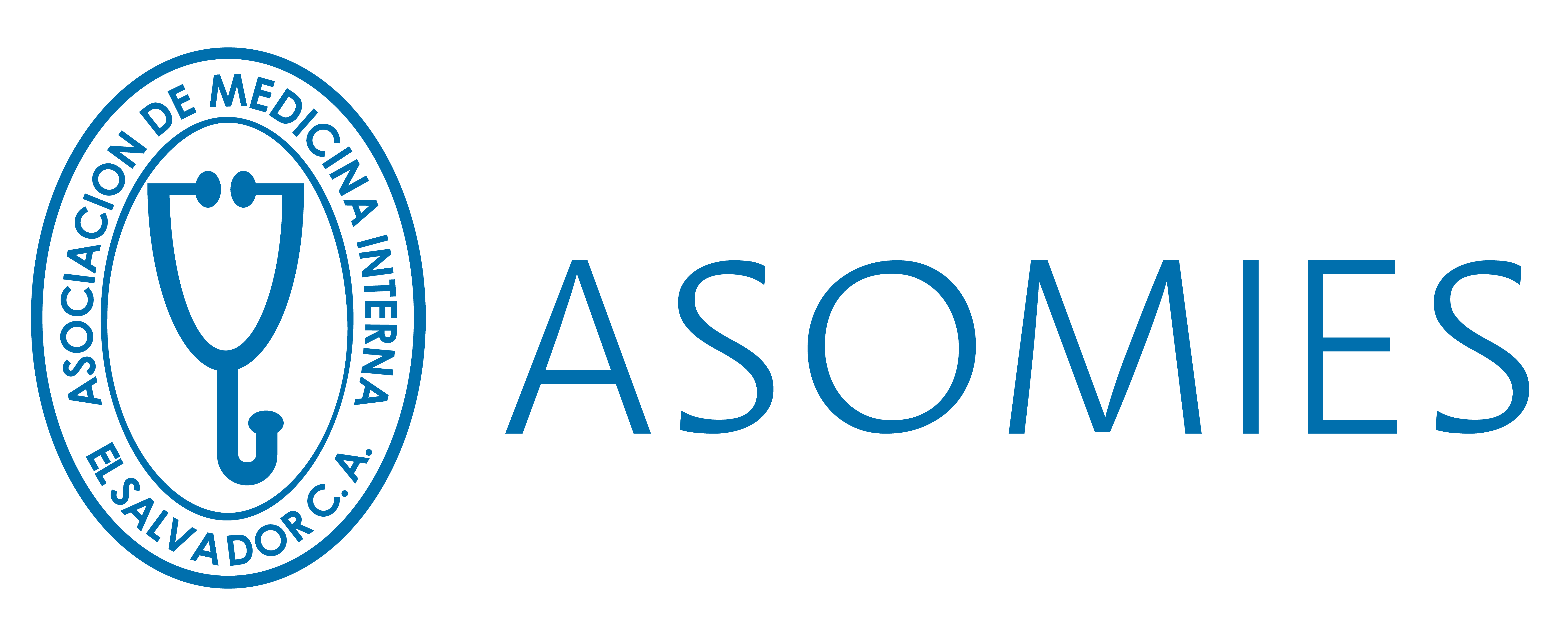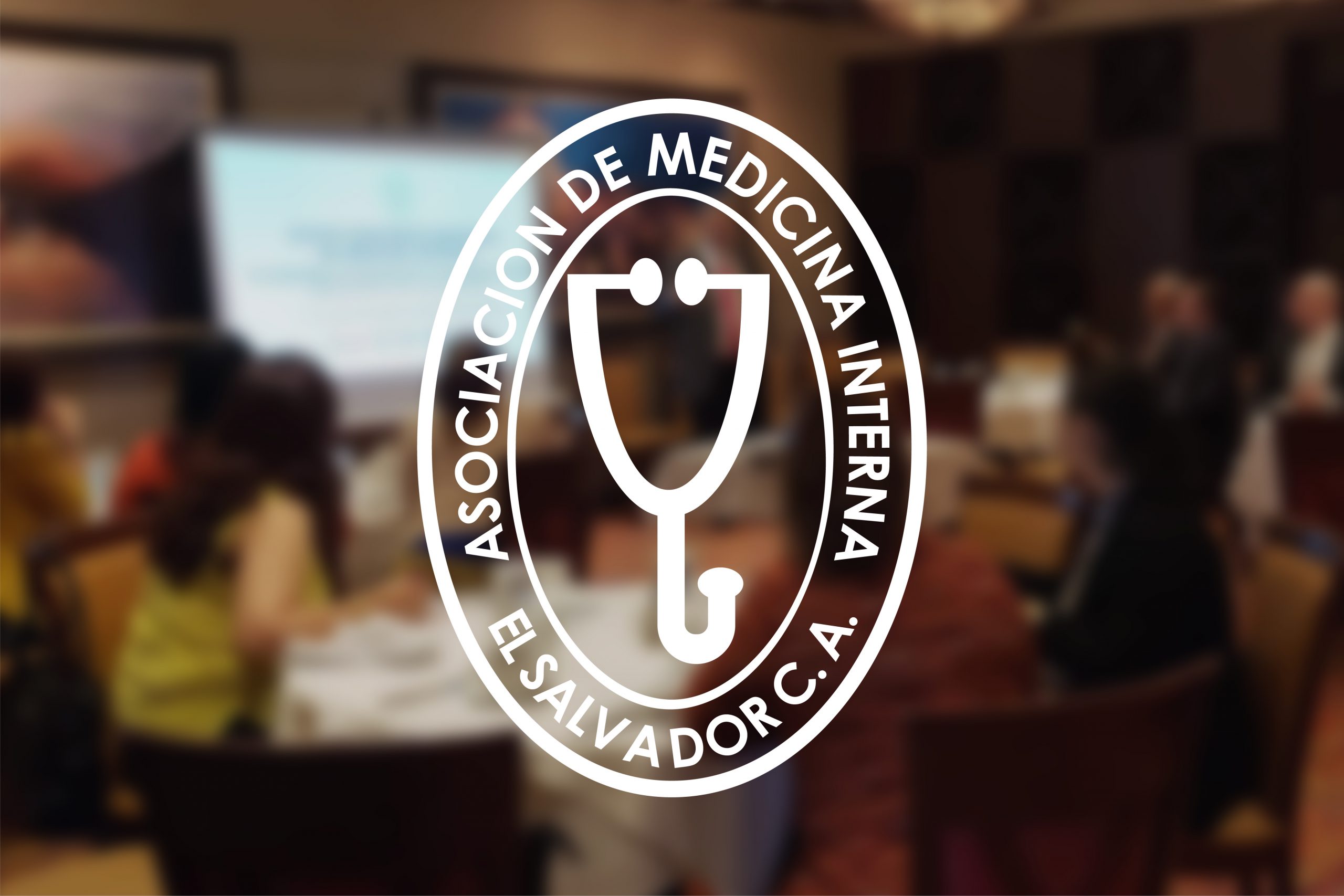Information sourced from NEJM Journal Watch:
Safety of Using Direct Oral Anticoagulants Soon After Ischemic Stroke
In an observational study, early DOAC use after mild stroke was relatively safe.
Several direct, non–vitamin K antagonist, oral anticoagulants (DOACs) are available for stroke prevention in the setting of atrial fibrillation (AF). The clinical trials that evaluated DOACs for stroke prevention typically excluded patients with an ischemic stroke in the previous 2 weeks. The time period soon after an embolic stroke is the time of greatest risk for hemorrhagic transformation. Therefore, data on safety of DOACs in this time frame are sparse. In this study, researchers reviewed their experience in 204 AF patients with a recent stroke or transient ischemic attack (TIA). Patients (median age, 79; 89% with acute ischemic stroke) received either a DOAC or a vitamin K antagonist after the event. The investigators evaluated outcomes separately for those who received early DOAC treatment (≤7 days after the event) versus later DOAC therapy (>7 days). Median NIH stroke scale score was 3 in the early group and 7 in the later-treatment group.
Of the 155 patients who received a DOAC, 100 received early treatment and 55 received later treatment. During follow-up of 3 to 6 months, there were 6 recurrent ischemic events and 1 cerebral hemorrhage. The only brain hemorrhage occurred in a vitamin K antagonist recipient. No major difference was seen in the rate of recurrent stroke with early (5.1% per year) versus late DOAC treatment (9.3% per year; P=0.53).
COMMENT
This study provides reassuring news that early initiation of DOAC treatment for patients with AF and a recent stroke appears to be safe. However, we should recognize that stroke severity was fairly mild in the group that received early DOAC therapy. Patients with more-severe stroke or with poor blood pressure control are at increased risk for hemorrhagic transformation. A larger, multicenter study with a wider spectrum of stroke severity would provide useful information.
Seemant Chaturvedi, MD reviewing Seiffge DJ et al. Neurology 2016 Sep 30.
CITATION(S):
Seiffge DJ et al. Early start of DOAC after ischemic stroke: Risk of intracranial hemorrhage and recurrent events. Neurology 2016 Sep 30; [e-pub].
[PubMed® abstract]
NEJM Journal Watch is produced by NEJM Group, a division of the Massachusetts Medical Society. Copyright ©2016 Massachusetts Medical Society. All rights reserved.
The above message comes from NEJM Journal Watch, who is solely responsible for its content.
You have received this email because you requested follow-up information to an Epocrates DocAlert® message. For more information about Epocrates, please click here.
For questions, feedback, or suggestions regarding Epocrates DocAlert® messages, please contact the Medical Information Team at docalert@epocrates.com.
Publicado en Actividades Académicas, Actualización medica, actualizaciones, Artículo de la semana, Medinoticias, Neurologia, Perlas Médicas |


